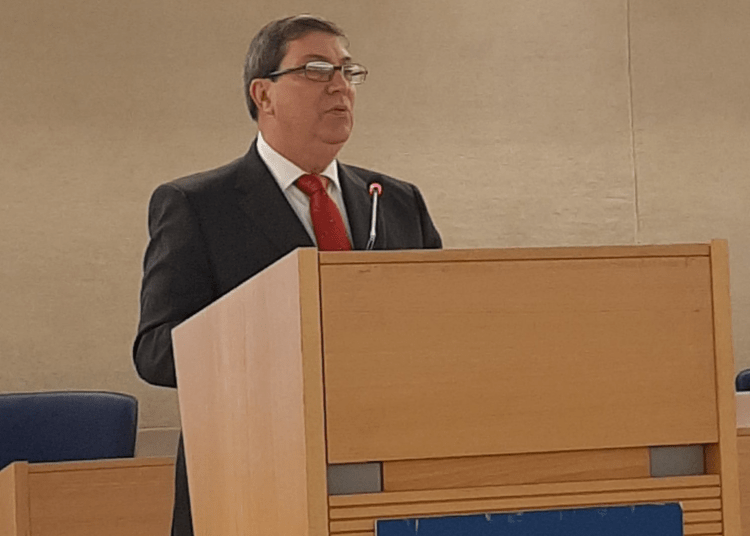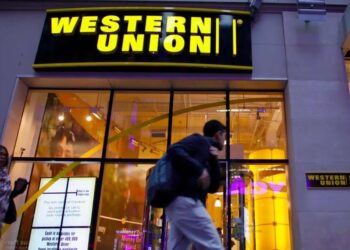Cuba will try to again occupy one of the 47 seats on the UN Human Rights Council, Cuban Foreign Minister Bruno Rodríguez Parrilla announced this Tuesday.
In an address at that forum, the foreign minister reaffirmed “Cuba’s support for this Council” and that it has decided “to present its candidacy for membership for the period 2021-2023. I can assure you that we will continue to act here with our own constructive voice.”
Cuba formed part of this intergovernmental body in two consecutive periods (2014-2016 and 2017-2019), after which the regulation did not allow another re-election.
Cuba’s main ally in Latin America, Venezuela, has just returned to the Human Rights Council, following an election that generated condemnation from the United States and other Western countries, as well as from prestigious international NGOs.
#Cuba seguirá conduciéndose con voz propia y constructiva, con su experiencia de país en desarrollo defensor del diálogo y la cooperación, contrario a los enfoques punitivos y la selectividad, en favor de la promoción y protección de todos los derechos humanos para todos.| #HRC43 pic.twitter.com/LAX6Z4MzNW
— Bruno Rodríguez P (@BrunoRguezP) February 25, 2020
The biggest criticism was that a government accused of suppressing its opponents, as well as having led the country into a humanitarian crisis, was being given a seat on the Council. Several countries accuse the Cuban government of the same.
On the other hand, Minister Rodríguez denounced in his speech before the Council the measures with which the U.S. government has intensified in recent months the blockade of the island and that particularly affect its access to fuel.
“The intensification of the blockade against Cuba is an act of genocide, a flagrant, massive and systematic violation of human rights,” he said.
He added that the strengthening of the sanctions has been “qualitative” and asked the world not to remain “inert to the U.S. threat to crush Venezuela, destabilize Nicaragua or destroy other nations.”
On one of the most pressing problems faced by Cubans these days and that has to do with fuel shortages, the foreign minister acknowledged that the sanctions have managed to “damage every area of people’s daily lives.”
Public transportation, education, health and food are suffering from its devastating effects, he said.
In the last six months there have been interruptions in the supply of oil (mainly from Venezuela) to Cuba, a situation that the island’s authorities attribute to U.S. pressure on shipping companies and insurers to prevent the arrival of crude oil.
The diesel and gasoline restrictions add to the shortage of liquefied petroleum gas (LPG), which would be directly affecting 1.7 million families, according to government data.
The delicate financial situation has also been reflected in other areas such as tourism, and has caused shortages in toiletries and medicines.










